How could the Children of Israel stand in God’s powerful presence and truly consent to His command?
By Rachel Stomel
Published in the Times of Israel Blogs
MAY 18, 2018, 10:39 AM
Consent and power: these are loaded words. Hotly debated in recent years in popular culture, the topic of consent challenges us to examine the very nature of choice within relationships, especially when they are between parties of unequal standing. On Shavuot, the relationship taking center stage is between God and the Jewish people as they stand at Mount Sinai to receive the Torah. It is the paradigm of an unequal power dynamic — even presuming that God, in His omnipotence, treats the human beings with benevolence.
The Gemara in Shabbat 88a says that when God offered the Torah to the Jewish people, He held Mount Sinai over their heads “like a barrel,” essentially forcing them to accept the Torah or die:
‘And they stood at the bottom of the mountain’ (Exodus 19:17) – Rabbi Avdimi the son of Chama the son of Chasa said, ‘This teaches that the Holy One, Blessed be He, held the mountain over them like a barrel and said, “If you accept the Torah, it is good. And if not, here shall be your graves.”‘ Rav Acha Bar Yaakov said, ‘From here there is a great claim against the Torah!’
Keep WatchingSkip Ad
After all that the Jewish people had experienced — the witnessing of the plagues, the emancipation from slavery, the miraculous Exodus, the sustenance in the desert — they were completely indebted to God, and very consciously reliant on Him for survival. Because of the extremely dependent nature of this relationship, the “choice” to either accept or reject God’s offer was not really a choice at all. How could they say no? It was abundantly clear what the only acceptable answer would be. This is the mountain hanging over them.
Read more in the Times of Israel >
